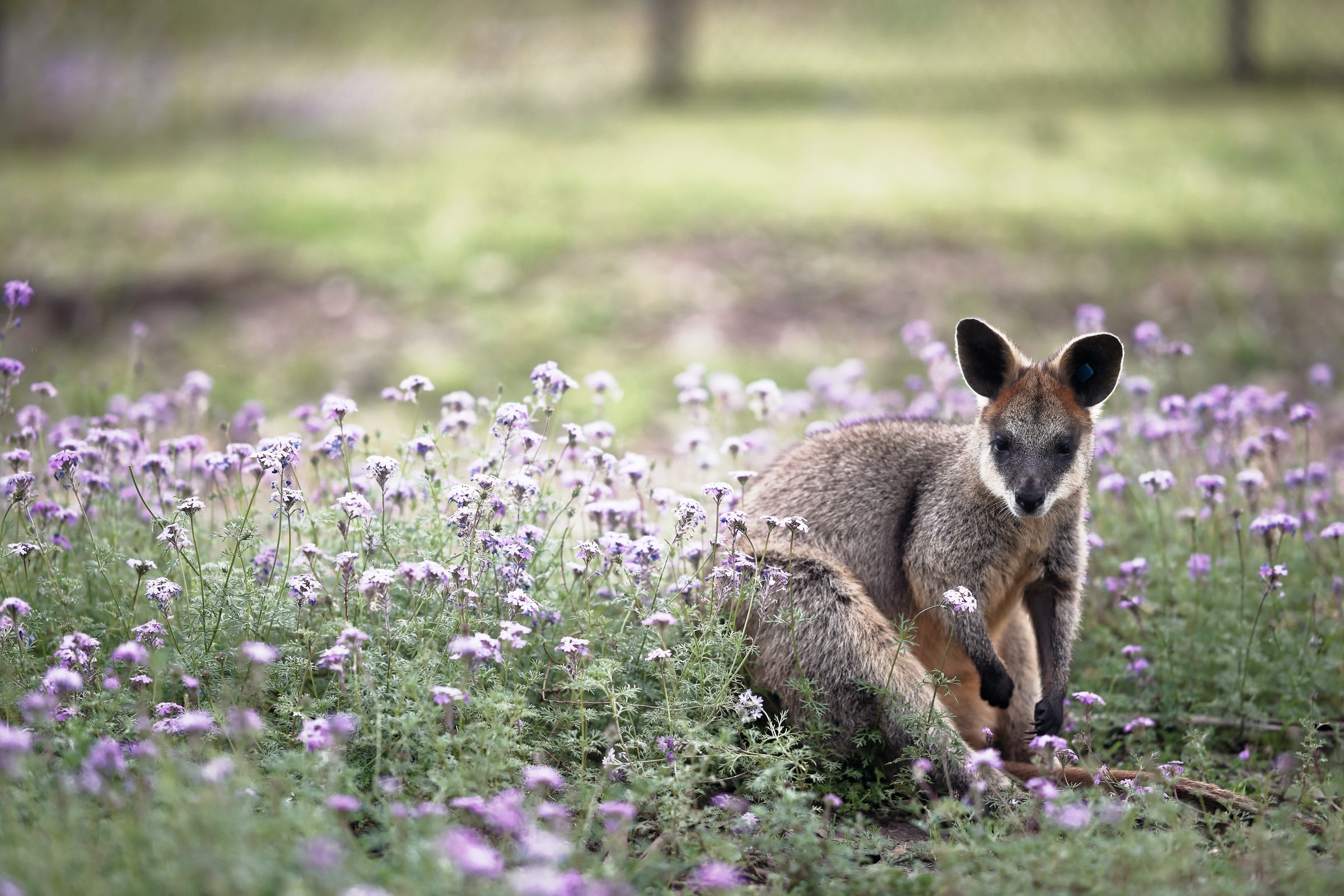Dr AnYao Liu from the School of Engineering was recently awarded the Ulrich Gösele Young Scientist Award for her pioneering work on removing metallic impurities from silicon solar cells using deposited thin films.
“Impurities, such as metals, are often found in silicon material and solar cells made from silicon materials, which reduce the efficiency of the cell,” says Liu. “This then leads to higher energy costs because it reduces the amount of electricity that can be generated.”
The technology that Liu is working on uses deposited thin films and a high temperature process to remove the metal impurities to a less harmful region of silicon solar cells; a process known as impurity gettering. By removing the metallic impurities from silicon you can increase the efficiency of the cell and therefore lower the cost of solar electricity.
Liu sees solar technology as critically important for the clean energy transition. “It will be a key pillar for our future energy supply,” she said. “It’s therefore very important to further improve the solar technology and reduce its cost.”
According to the International Energy Agency, photovoltaics (the technology used to generate electricity from sunlight) is projected to become the single largest energy source before 2040. Silicon-based solar panels currently account for around 95% of the photovoltaic market.
Liu is part of the research team in the PV solar group at ANU who are looking at ways to improve the performance and cost-effectiveness of solar PV technology. Born and raised in Hubei, China, Liu made the solo trip to Australia as a teenager, completing year 11 and 12 before coming to the ANU to do her undergraduate degree.
She was part of the first cohort of the Bachelor of Engineering (R&D) degree program which gives students the opportunity to work on research projects in a real-world context. Liu worked on a number of small research projects in photovoltaics and liked it so much that when she graduated she decided to do a PhD in photovoltaics. Her PhD research looked at understanding and mitigating defects in the multi-crystalline silicon materials used for solar cells; a focus that continues to drive much of her research.
The Ulrich Gösele Young Scientist award is in honour of the late Professor Gösele, one of the two founding directors of the Max Planck Institute for Microstructure Physics. The award recognises the research excellence of young scientists in the field of silicon research.

